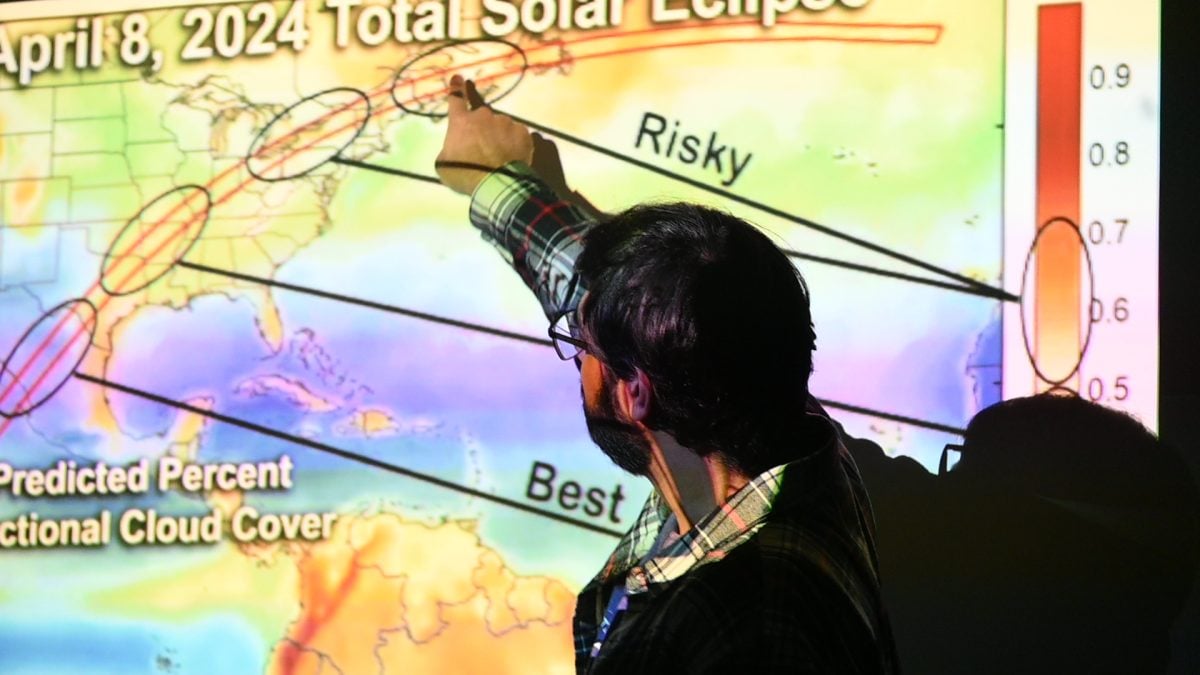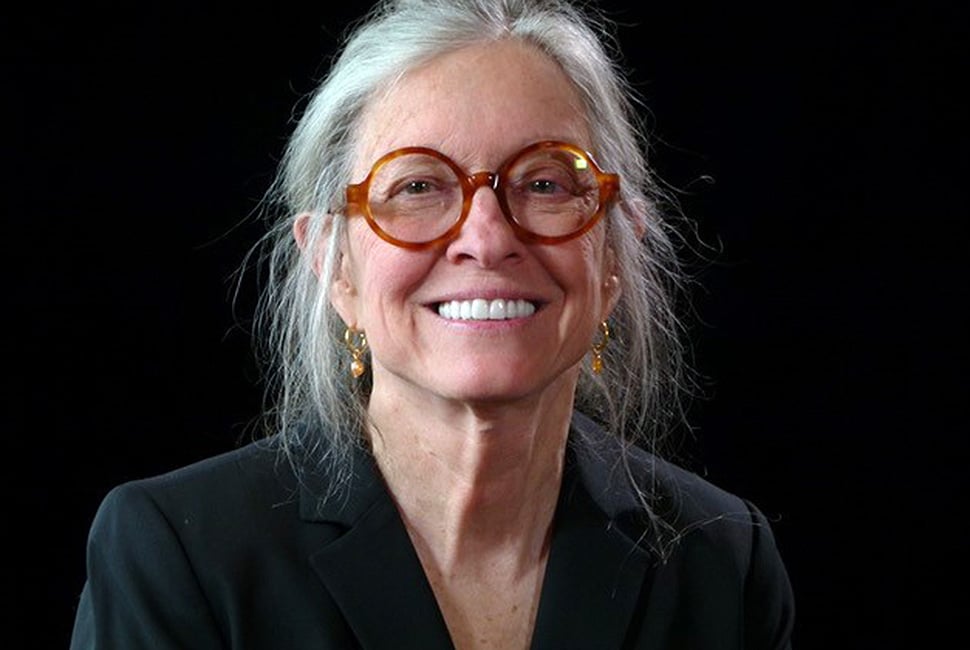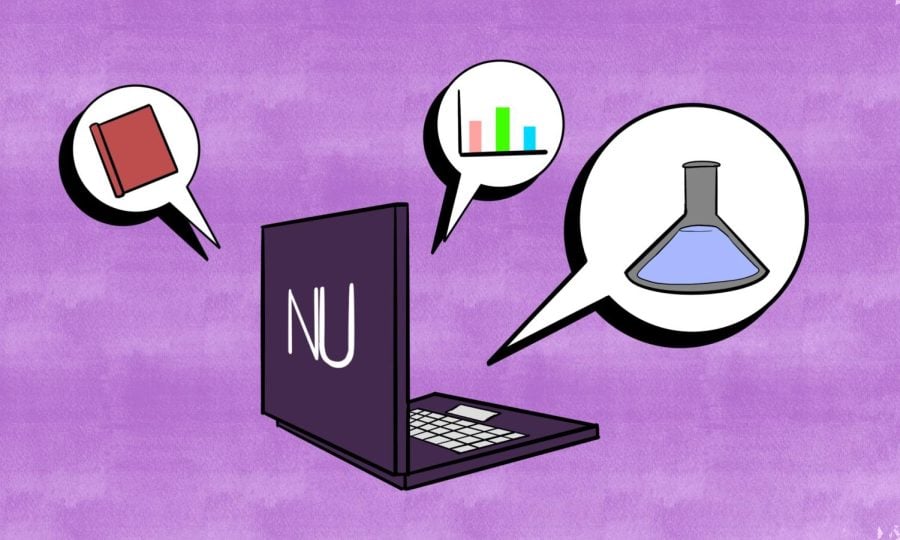Negotiators for the Northwestern University Graduate Workers union reached a tentative contract agreement with the University Wednesday night after a 14-hour bargaining session.
The agreement comes after about nine months of negotiations, which reached a climax in January when more than 2,000 union members threatened to strike.
Members of the union will vote to ratify the contract from March 11-13. After the votes are counted and verified, NUGW will release results on March 18.
Bargaining committee member Jakob Reinke, a third-year Ph.D. candidate in materials science and engineering, told The Daily that NUGW is pushing for a “clear majority” of members to vote in the ratification election in order to make it representative.
If members vote not to ratify the contract, NUGW representatives say they will engage in more bargaining –– but the possibility of a strike looms.
The three-year contract would raise the minimum stipend for graduate workers from $36,960 per academic year to $45,000 starting in September, with 3% increases in 2025 and 2026.
The stipend is one of 33 tentative agreements reached. Notably, the University will provide full dental and vision benefits for graduate workers.
“Our wins represent significant and unprecedented improvements in our working conditions and our organizational foundation to secure additional wins in future contracts,” NUGW’s bargaining committee wrote in a Thursday afternoon message to members, encouraging them to approve the contract.
The tentative stipend increase still puts NU graduate students below the salaries of workers at some other top universities, many of whom recently won pay raises through their respective unions. Brown University and Yale University graduate workers, for example, are set to receive over $52,000 in 2026.
This disparity is a key point of criticism for NUGW members who oppose the agreement, which the bargaining committee voted to accept in a 16-6 vote.
“Northwestern values the contributions that graduate students make to the University’s research and teaching missions,” University spokesperson Jon Yates told The Daily.
In a Thursday letter urging membership to reject the contract, dissenting bargainers Teke Wiggin, a fourth-year Ph.D. candidate in sociology, and Lawrence Chillrud, a second-year Ph.D. candidate in electrical engineering, wrote that the stipend increases secured by NUGW are “paling in comparison to wins secured by other grad unions across the country.”
NUGW bargainers said the committee aimed for $45,000 because an internal survey found it to be the median amount that NUGW members felt was necessary to live. Chillrud said the study, conducted in fall 2023 and before NUGW launched its strike pledge, may no longer reflect current attitudes.
Representatives for the bargaining committee said they follow the wishes of union members and added that the fall survey was the assessment of union feelings they had access to during negotiations.
“We always look to our membership to guide us at the table, and we follow it because we are a democratic rank-and-file union,” said Mounica Sreesai, a second-year Ph.D. candidate in anthropology and a bargaining representative for NUGW.
The agreement adds vision and dental care, key protections against abuses of power and unlimited paid sick days. But in order to get those agreements accepted, NUGW had to accept compromises in other areas.
In their letter, Chillrud and Wiggin pointed out key concessions in the negotiations, including dropping demands for subsidized dependent healthcare, graduate worker back pay and an $1,800 lump sum for international workers, as reasons to reject the agreement.
“While reflecting encouraging wage movement, (the contract) falls far short of providing competitive compensation and protection for everyone, especially international workers, caregivers, those with accessibility needs and grads close to graduation,” the letter reads.
Leading up to the vote, NUGW is hosting town halls and general membership meetings where members can voice their concerns and discuss the terms of the contract.
“We think we bargained the best contract we’re going to get, but members get to say whether that best contract is good enough,” Reinke said. “And if it’s not, then we go back to the table and fight for more.”
This story has been updated to more accurately reflect Lawrence Chillrud’s perspective on the fall 2023 graduate worker survey and highlight dissenters’ concerns over dependent healthcare.
Email: [email protected]
X: @charcole27
Email: [email protected]
X: @sqpowers04
Related Stories:
— NUGW reaches five tentative agreements with admin amidst looming strike
— NUGW union election takes place after years of grassroots organizing















